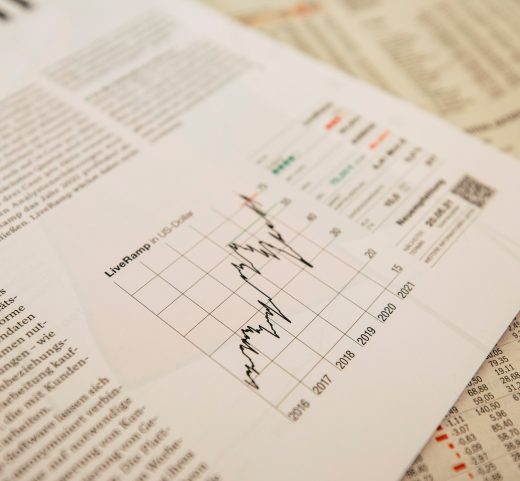
Year end Investment Commentary – Volatile or orderly markets?
Commentators have once again freely used the adjective volatile to describe markets in 2022. In fact, equity markets were not that volatile last year and it has been a relatively orderly bear market apart from the bubble bursting in expensive, so-called growth stocks. The action has been in Fixed Income.
Although the year ended with a mildly positive quarter (the fabled Santa Claus rally) most asset classes generated negative returns in 2022 with the notable exception of crude oil, oil companies, and the US Dollar. Commentators have once again freely used the adjective volatile to describe markets in 2022. In fact, equity markets were not that volatile last year and it has been a relatively orderly bear market apart from the bubble bursting in expensive, so-called growth stocks. The action has been focused on the bond market where the declines have generally been worse than equities. The supposedly safe long dated German Govt bonds (Bunds) fell over 30%! We started 2022 being materially underweight bonds and this repricing has given us the opportunity to rebuild the portfolio’s exposure to bonds. Although returns have been negative, our positioning has significantly mitigated this, and whilst not necessarily much comfort, against our peer groups we have performed well.
One would have to have been living on Mars to miss the main drivers of markets in 2022 – rising inflation and rising interest rates. Whilst we have a degree of self-inflicted pain the UK is not the only economy potentially facing a difficult year ahead; according to the International Monetary Fund, countries making up one-third of the global economy are predicted to see their economies shrink in 2023.
At the moment market participants are watching each and every data point for signs that the jobs market is cooling and price pressures are declining in the hope that central banks and particularly the US Federal Reserve will stop raising interest rates and even reverse course (the fabled “Fed Pivot”). This hope is juxtaposed against the resolute language and signalling from all the major central banks that policy will remain tight. For what it is worth we think that inflation has peaked and will decline in 2023 although China’s transition from Zero Covid to reopening may in the longer run increase price pressures as Chinese domestic demand recovers. However, inflation is unlikely to fall back to the desired 2% target quickly. There is a reasonable possibility that the economic slowdown experienced by many countries will be quite mild due to various factors leading to unemployment remaining low, but this means that Central Banks will most likely Pause not Pivot when it comes to interest rates.
It is important to remind ourselves that economic forecasting is woefully inaccurate and that even when forecasts are correct stock markets can behave very differently from economic outcomes. All of last year’s equity market declines can be explained by the impact of rising intertest rates on the valuation that investors place on future earnings (as the cost of money today increases the future value of earnings declines). For 2023 we are much more interested in the outlook for current corporate earnings where we believe that margins and profits are very likely to come under pressure due to rising costs (mainly labour) and slower revenue growth. In this context we think market expectations are still too optimistic (could that be complacent?). We remain cautiously positioned in equities (underweight) and a clear tilt towards value (cheaper companies) and quality companies.

Bassline 17 – Late Summer Investment Outlook
In this episode of Bassline, Dave is joined by Lance, to discuss the dramatic fluctuations in the financial markets that…

Some thoughts on recent market turmoil
This week has seen investment markets in the news and we felt it would be useful to share our thoughts.…

Everything must change for everything to remain the same
At the start of the year, we mentioned that 58% of the world’s democratic population were facing elections. To that…

Q1 2024 Investment Update
The first quarter continued the positive momentum that we saw at the end of 2023. Economic forecasters once again demonstrated…
